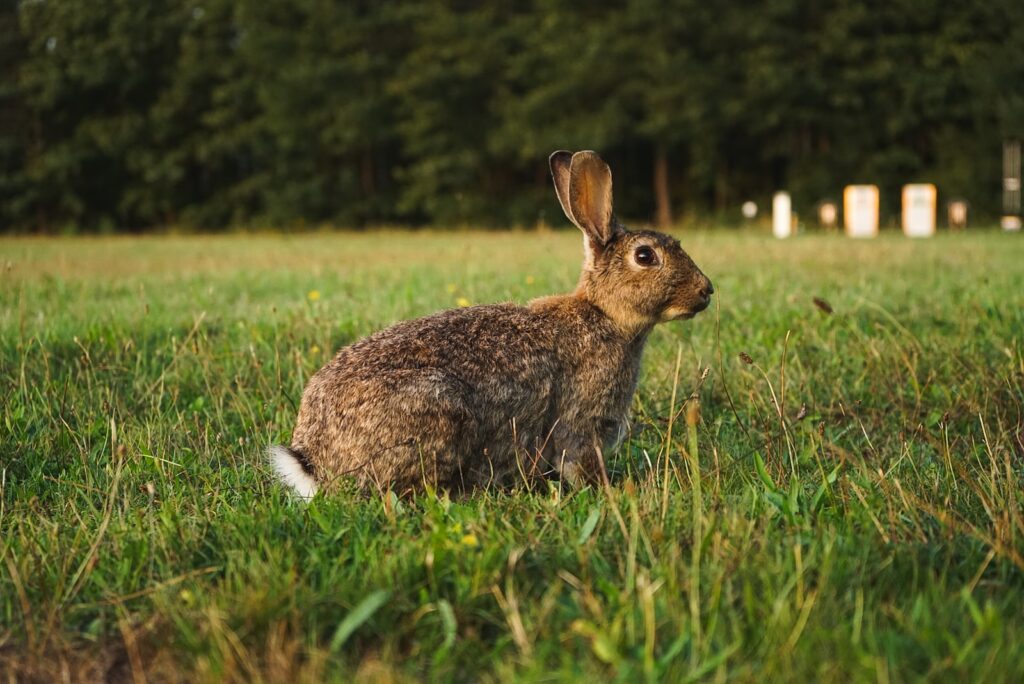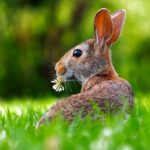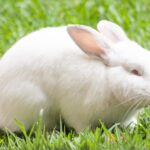Can Rabbits Eat Rhubarb? The Risks and Dangers Explained
Rhubarb, a tart and tangy vegetable often used in pies and desserts, may seem harmless, but when it comes to feeding it to your rabbits, caution is strongly advised. As a responsible pet owner, it is crucial to understand the potential risks and dangers associated with certain foods, including rhubarb, to ensure the well-being of your furry companions.
The Primary Dangers of Feeding Rabbits Rhubarb
While rhubarb may be a delectable treat for humans, it should never be included in a rabbit’s diet. This is primarily due to the high concentration of oxalic acid found in rhubarb, which can be toxic to rabbits. Ingesting rhubarb can lead to several health concerns and even fatal consequences for your beloved pet.
Potential Symptoms or Reactions in Rabbits After Consuming Rhubarb
If a rabbit consumes rhubarb, it may experience various symptoms and adverse reactions. These can include severe abdominal pain, excessive drooling, diarrhea, and loss of appetite. Additionally, rabbits may exhibit signs of distress, such as pawing at their mouth or constantly grinding their teeth. It is crucial to be vigilant and recognize these potential symptoms to take immediate action and prevent further harm to your rabbits.
Safe and Suitable Alternatives for Rabbits
Fortunately, there are plenty of safe and suitable foods and treats that rabbits can enjoy without any health risks. Instead of offering rhubarb, consider providing your rabbits with a diet rich in hay, fresh leafy greens, and a variety of vegetables. Carrots, parsley, cilantro, and dandelion greens are just a few examples of rabbit-friendly options that can provide essential nutrients while satisfying their taste buds.
Tips and Measures to Prevent Rabbits from Accessing Rhubarb
Prevention is key when it comes to ensuring the safety of your rabbits. To keep them away from rhubarb, establish a secure and enclosed space for their living environment. Remove any rhubarb plants from your backyard or garden to eliminate the risk of accidental consumption. Additionally, store rhubarb in a place inaccessible to your rabbits, such as a locked cabinet or high shelf. Consistently monitor your pet’s surroundings to prevent any potential encounters with this hazardous food.
Conclusion
In conclusion, it is crucial to keep rhubarb far from the reach of your rabbits. The risks and dangers associated with rhubarb consumption cannot be understated, as it can lead to severe health issues and even be fatal for rabbits. By providing a suitable and balanced diet, and by implementing preventative measures, you can ensure the well-being and longevity of your beloved pets. Responsible pet care involves making informed choices and prioritizing your rabbits’ health above all else.






